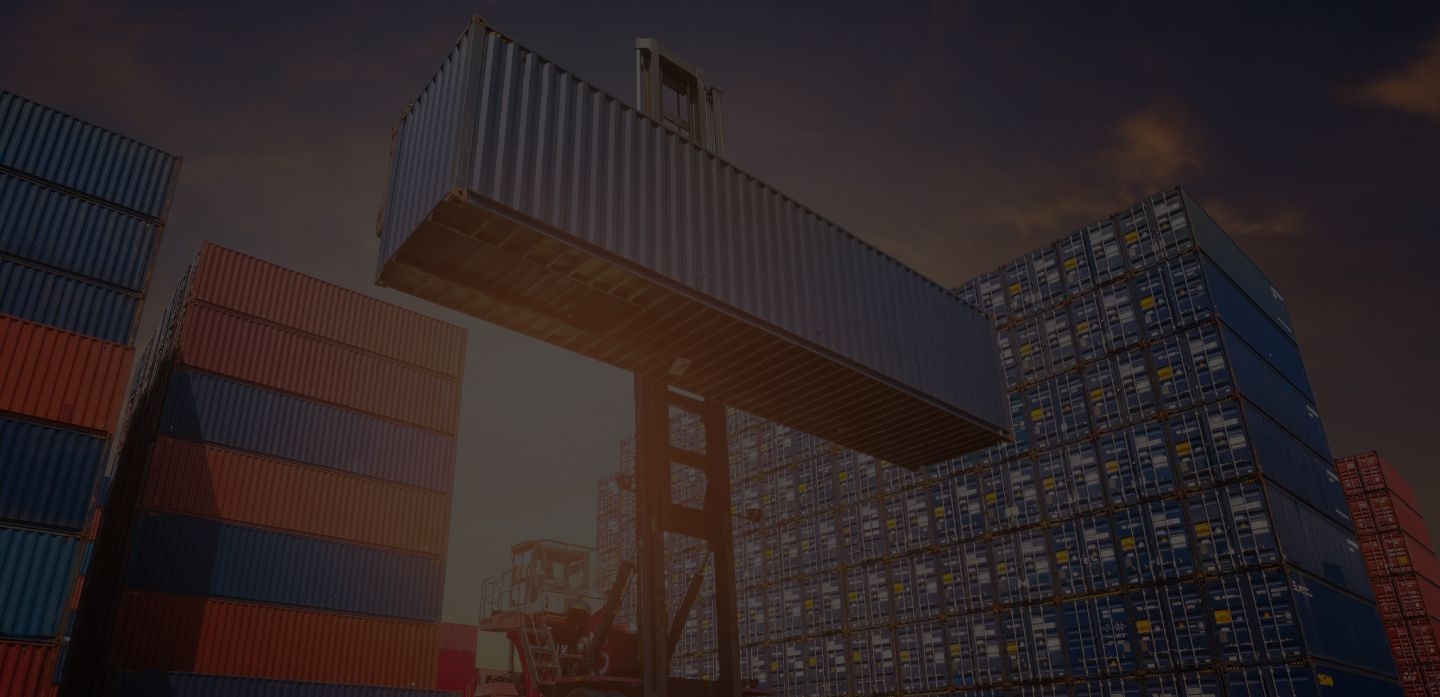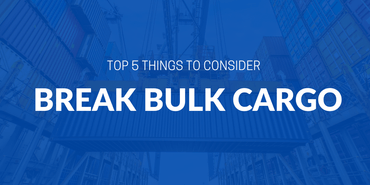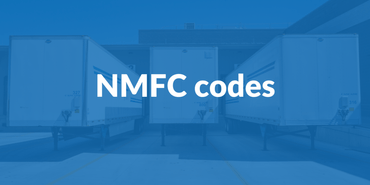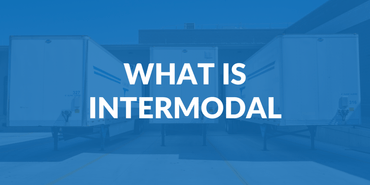
AMS - Automated Manifest System



![]()
International shipping can get overwhelming with the volume of details, procedures, tracking numbers, and documents that are involved. But it’s not just the shippers who are having a tough time navigating such a complex and confusing landscape. There is a tendency for freight forwarders, cargo operators, etc. to also get caught up in all the details — but this is a problem that carries serious risks.
To minimize errors and risks in the shipping landscape, the United States comes up with new regulations and procedures to streamline import and export processes. One of these strategies is the Automated Manifest System or AMS.
In this article, we tell you all about the AMS system, its importance, how it works, and more.
AMS Filing Meaning: What is the AMS Freight Term?
The Automated Manifest System or AMS was implemented by the United States in an effort to streamline marine inventory processes and reduce security threats. Implemented in 2004, AMS is a form of tracking system that comes into play in the ocean, air, rail, and road freight.
The AMS logistics system is implemented by the Customs and Border Protection Department of the United States. Under the AMS filing requirements, all ships that pass through US waters must declare the contents of their cargo by uploading required details to the Automated Broker Interface (ABI) before they pass or enter any of the American ports.
The AMS system is a blanket term that encompasses all shipping documents and procedures required before ships can enter the U.S. port of their destination.
Benefits of the Automated Manifest System
AMS filing makes it easier for ports and border control to inventory and check cargo before they enter U.S. ports. The transmission of information is simplified with the ABI platform and monitored by the U.S. Customs department.
Because the AMS filing system is computerized, airline and ocean carriers no longer have to worry about procuring and accomplishing unnecessary paperwork for their cargo and route details. More so, it reduces the use of paper and eliminates unnecessary documents. Now, operators can simply access the ABI platform to report the contents of the cargo they are set to carry to American ports.
More importantly, the AMS tracking system allows the U.S. customs and border control departments to more seamlessly check the contents of the cargo and identify security threats. Authorities will no longer have to put all their time and attention into inspecting non-threatening cargo. Instead, they can focus on identifying and managing ships that pose national security threats.
Overall, the AMS filing system streamlines inventory and security processes. The United States recommends that other countries adopt similar measures to maintain a streamlined and safer import and export process between countries.
When do AMS Filing Details Need to be Uploaded?
Under the rules, details about the ship and its contents need to be filed in two points:
- Before unloading - The carriers must submit an Importer Security Filing (ISF) and other required documents at least 24 hours prior to loading the cargo.
- Before arrival - Before the ship arrives in the port, freight forwarders must submit customs requirements, including the House Bill of Lading and Commercial Invoice.
What Happens if a Ship Does Not Upload AMS Filing Details?
Uploading cargo contents are required for all ships that are scheduled to enter the ocean ports in America. If they do not comply with the AMs ISF, the property authorities can seize the ship and the cargo it is carrying. This can cause delay and financial problems, giving rise to an AMS fee or AMS charges. In worst-case scenarios, non-compliance with AMS shipping rules can also create diplomatic issues between countries.
Related Articles


